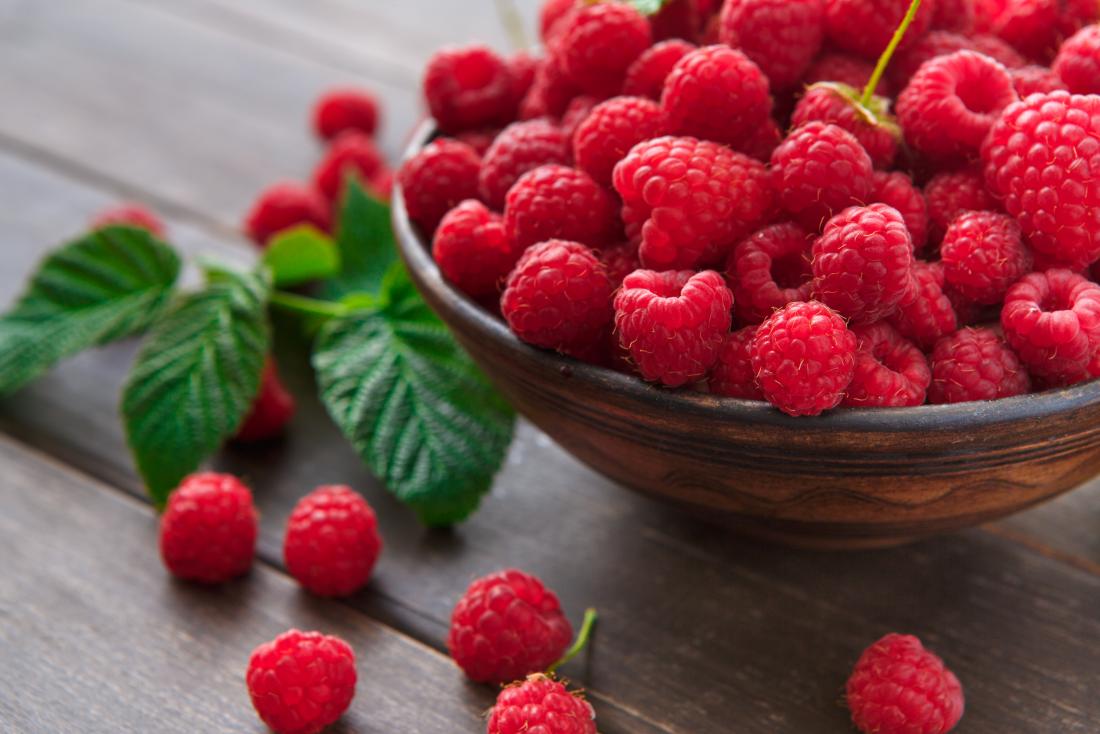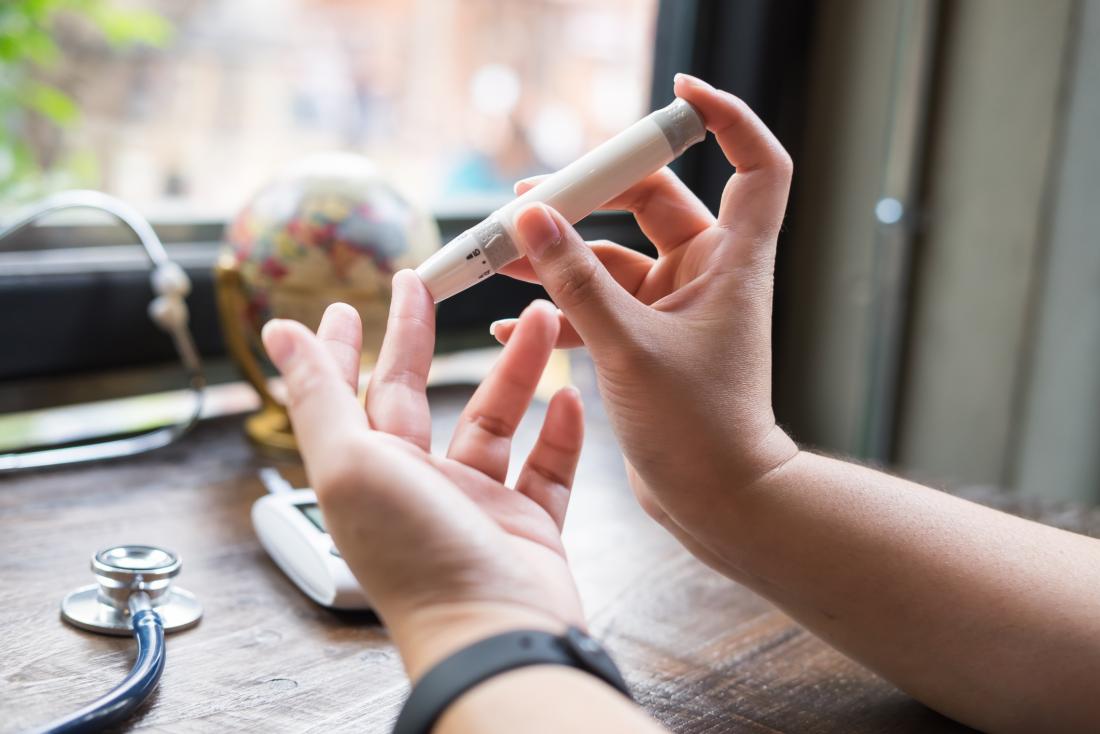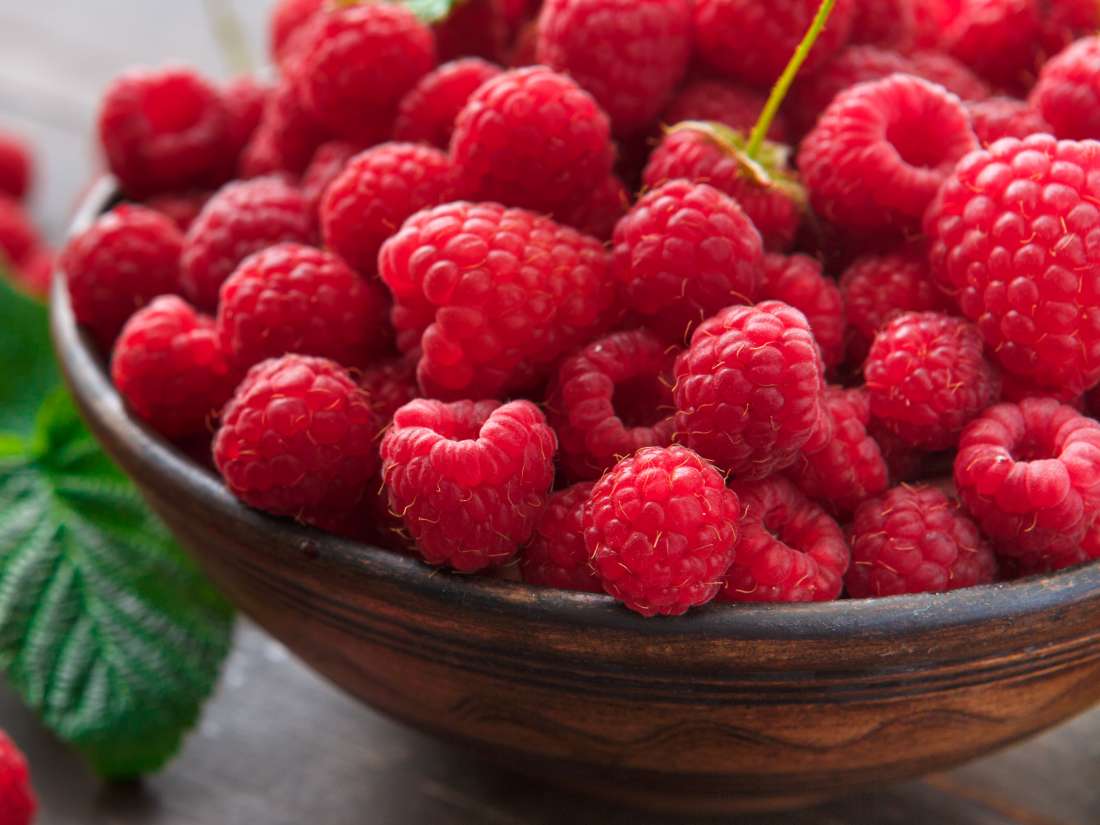Raspberry ketone supplements have gained popularity on the health food scene as a weight loss aid, despite the lack of scientific evidence available to support this use.
Read on as we discuss the uses of raspberry ketones and the evidence behind these uses. We also explore the potential side effects of using raspberry ketones.
Uses of raspberry ketones
Health food and supplement manufacturers claim that raspberry ketones can improve health, but the research behind these health claims remains limited.
Below, we discuss some potential uses for raspberry ketones and explain the science behind each use.
Weight loss

Some people believe that raspberry ketones aid weight loss.
A popular health claim is that raspberry ketones can cause weight loss. However, the scientific evidence supporting this claim is weak. The most effective way to lose weight is to consume fewer calories than the body uses and to do more exercise.
Learn more about successful weight loss strategies here.
What the research says
Research on rats suggests that eating large quantities of raspberry ketones may cause rats to lose weight. Raspberry ketones are structurally similar to capsaicin, a chemical in some peppers, and synephrine, a compound in oranges. Both capsaicin and synephrine may support fat loss.
A 2016 study that the National Processed Raspberry Council sponsored found that ketones might not be the only way that raspberries can support weight loss. The findings suggest that eating a wide variety of raspberry products, including raspberry juice, could slow weight gain in mice.
While this animal research is promising, data on animals are not always applicable to humans. No clinical trials on humans have found that raspberry ketones can cause weight loss. Scientists need to research this further.
Other research in animals undermines the idea that ketones cause weight loss. A 2017 study on mice that ate a high fat diet found that raspberry ketones could reduce appetite. However, raspberry ketones did not directly lead to weight loss by causing the body to burn more fat.
Do raspberry ketones trigger ketosis?
It is important to note that raspberry ketones have nothing to do with ketosis or the ketogenic diet. In a state of ketosis, the body burns fat for energy rather than glucose.
Ketosis is a process that happens in the body. Taking raspberry ketones will not trigger ketosis or support a keto diet.
Learn more about ketosis here.
Liver disease
Diets that are very high in fat can cause a condition called nonalcoholic fatty liver disease. The findings of a 2012 animal study suggest that raspberry ketones may reduce the risk of this disease in rats who eat a high fat diet.
However, as with other research on animals, it is not necessarily the case that the results are applicable to humans.
Inflammation

Raspberry ketones may help in reducing the risk of diabetes.
Eating raspberries may reduce chronic inflammation, which experts believe to play a role in the development of numerous health conditions.
By reducing inflammation, raspberries may also lower the risk of:
One study found that red raspberries reduced swelling and other symptoms of arthritis in rats with this condition, but there is a need for more studies to investigate this effect. Scientists are yet to research the link between inflammation and raspberry ketones in humans.
Dementia and brain health
Dementia is a complex brain disease that doctors still do not fully understand. Some evidence suggests that inflammation may play a role. As raspberry ketones may reduce inflammation, they might also lower the risk of dementia.
No studies have directly assessed the role of raspberries or raspberry ketones in humans who have dementia or have a higher risk of developing it. However, scientists have found links between raspberries and Alzheimer’s disease.
Some research has looked at how ellagic acid, a phytochemical in raspberries, affects the formation of amyloid plaques.
People with Alzheimer’s typically have these plaques in their brains, and the plaques get worse as the disease progresses.
The study showed that ellagic acid might slow the development of plaques. If this is the case, eating whole raspberries may be more beneficial than taking raspberry ketones as a supplement. However, more research is necessary to confirm this potential benefit.
Side effects
As there have not been well-designed clinical trials involving humans, doctors and researchers do not know whether raspberry ketones are safe. Scientists are also unclear whether certain groups may be at greater risk of raspberry ketone side effects than others.
In one case, a woman using raspberry ketones experienced organ failure. She was also using other weight loss supplements, so doctors do not know whether raspberry ketones played a role.
Isolated case reports suggest that ketones might cause side effects similar to those of supplements. These can include:
People considering using raspberry ketones should consult a doctor first. Speaking to a doctor before taking raspberry ketones is particularly important for people who:
- have a medical condition
- take prescription drugs
- take herbal supplements
Women who are pregnant or breastfeeding should be especially skeptical of ketones. Children should not take weight loss supplements.
Dosage

A person can avoid taking raspberry ketone supplements by consuming a lot of raspberries in their diet.
There is no approved dosage for raspberry ketones. However, research generally focuses on ketones as a specific percentage of the diet rather than a fixed dosage.
In most animal studies, researchers have fed the animals diets containing 1–2% raspberry ketones.
People who want to try ketones at lower doses than supplements provide could try eating large quantities of raspberries. Fresh raspberries contain ketones in their natural state, not synthetic ketones. They are also generally safe, though eating large amounts of any fruit can cause diarrhea in some people.
Drug interactions
There is no clinical data on potential drug interactions with raspberry ketones. Researchers have not yet conducted sufficient research to know how raspberry ketones might interact with other drugs. Therefore, people taking other medications should not take ketones, as this could be unsafe.
Takeaway
There is no evidence that raspberry ketones cause weight loss in humans and no reason to believe that they work better than traditional weight loss strategies. Although the existing body of research on the other health benefits of ketones is hopeful, researchers must conduct more trials to confirm the effects of these compounds on the body.
People who hope to get the benefits of raspberry ketones without the risk should consider eating more raspberries. Those who want to try ketones in supplement form should consult a doctor or dietitian first.
